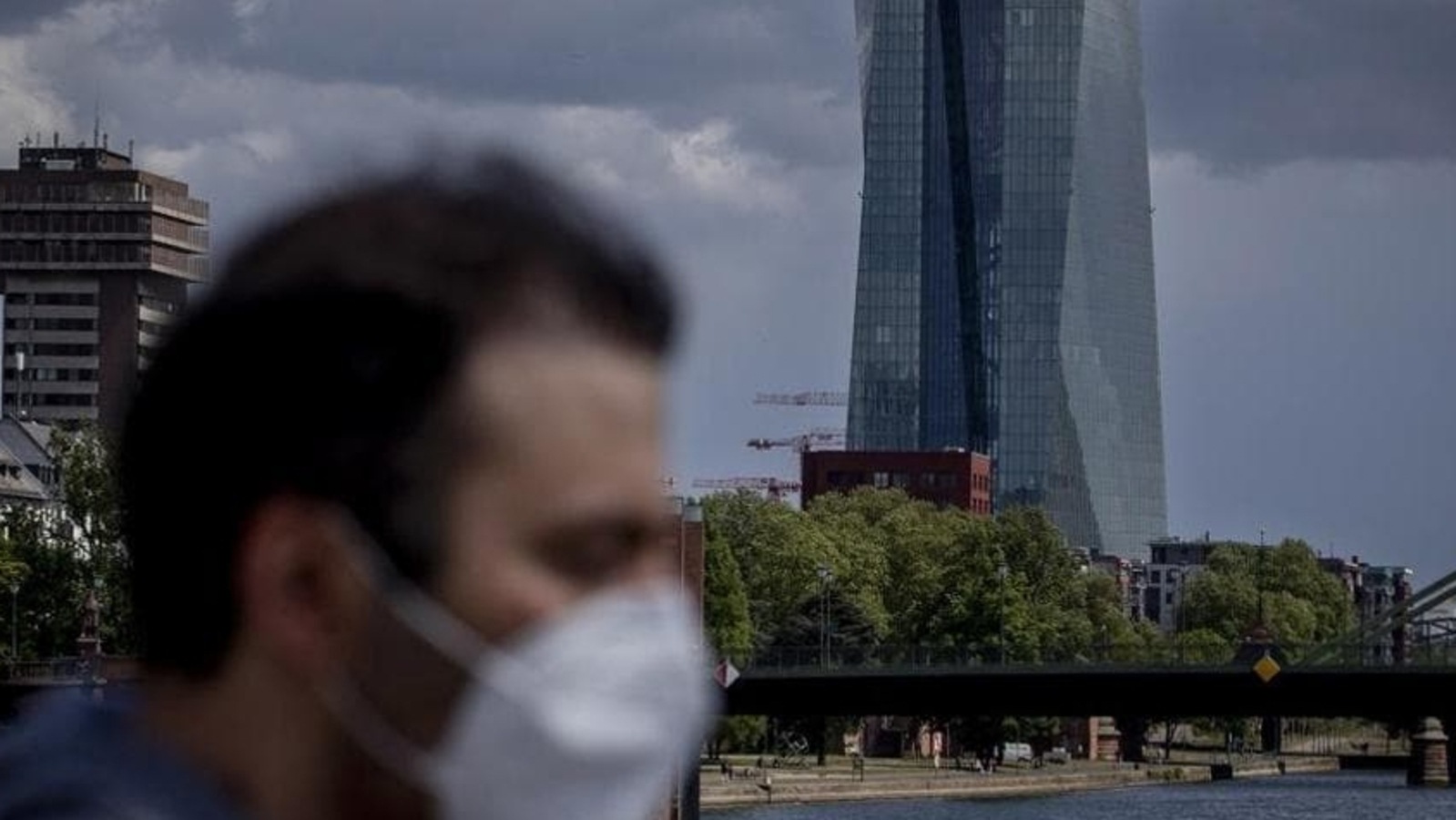Global economy faced steep challenges in 2022 due to these 3 powerful forces
For the global economy, 2022 brought forth several unforeseen challenges even as the world hoped to recover after two years of pandemic. Among the most powerful factors that hit the economy hard was the war in Ukraine. From triggering food and fuel shortage to creating an environment of uncertainty, the conflict – which even raised concerns of a nuclear threat – has kept the world on edge ever since it started on February 24. Amid the war, coupled with other factors, three largest economies – the United States, European Union and China – will continue to stall as we enter the next year, as per the IMF, as it warns that 2023 may feel like recession to many.
The Ukraine war and its impact
“Russia’s invasion of Europe continues to destabilise the global economy,” the International Monetary Fund (IMF) has warned in its Countering the Cost-Of-Living Crisis October 2022 report, adding that gas prices in Europe have surged four-fold since 2021 with Russia cutting the supply to 20 per cent as compared to 2021 levels. It also – as is widely known – pushed up the food prices in the global market, hitting low-income households and poorer nations hard.
Inflation
A cost-of-living crisis is said to have emerged following persistent and broadening inflation pressures, the UN agency further highlighted in its report, stressing that the inflation is expected to peak by the end of 2022. But it is likely to remain elevated for longer than expected period. “Global inflation is forecast to rise from 4.7 percent in 2021 to 8.8 percent in 2022 but to decline to 6.5 percent in 2023 and to 4.1 percent by 2024,” the IMF report underlines. “Monetary policy should stay the course to restore price stability, and fiscal policy should aim to alleviate the cost-of-living pressures while maintaining a sufficiently tight stance aligned with monetary policy,” it stresses. This year, many countries – including Japan, Australia among others – have registered record inflation. The central banks have been trying to strike a balance by hiking interest rates.
China Covid curbs and supply chain issues
2022 continued to see frequent lockdows in China – as part of the Covid Zero policy – that took a toll on the economy worldwide. The property sector – which represents about one-fifth of economic activity in China – is rapidly weakening, the international body has underlined. “ Given the size of China’s economy and its importance for global supply chains, this will weigh heavily on global trade and activity,” it stressed. At the time, the report was published the country had reported two new deaths, sparking new fears.
The global growth is predicted to slow from 6.0 percent in 2021 to 3.2 percent in 2022 and 2.7 percent in
2023. “This is the weakest growth profile since 2001 except for the global financial crisis and the acute phase of the COVID-19 pandemic,” the IMF underlines in the latest report. “The global economy’s future health rests critically on the successful calibration of monetary policy, the course of the war in Ukraine, and the possibility of further pandemic-related supply-side disruptions, for example, in China,” it points out.
For all the latest business News Click Here


